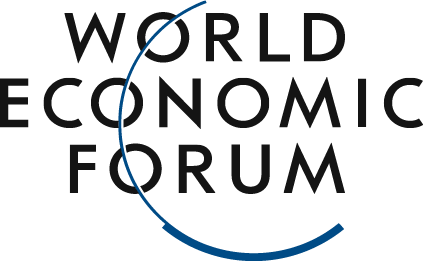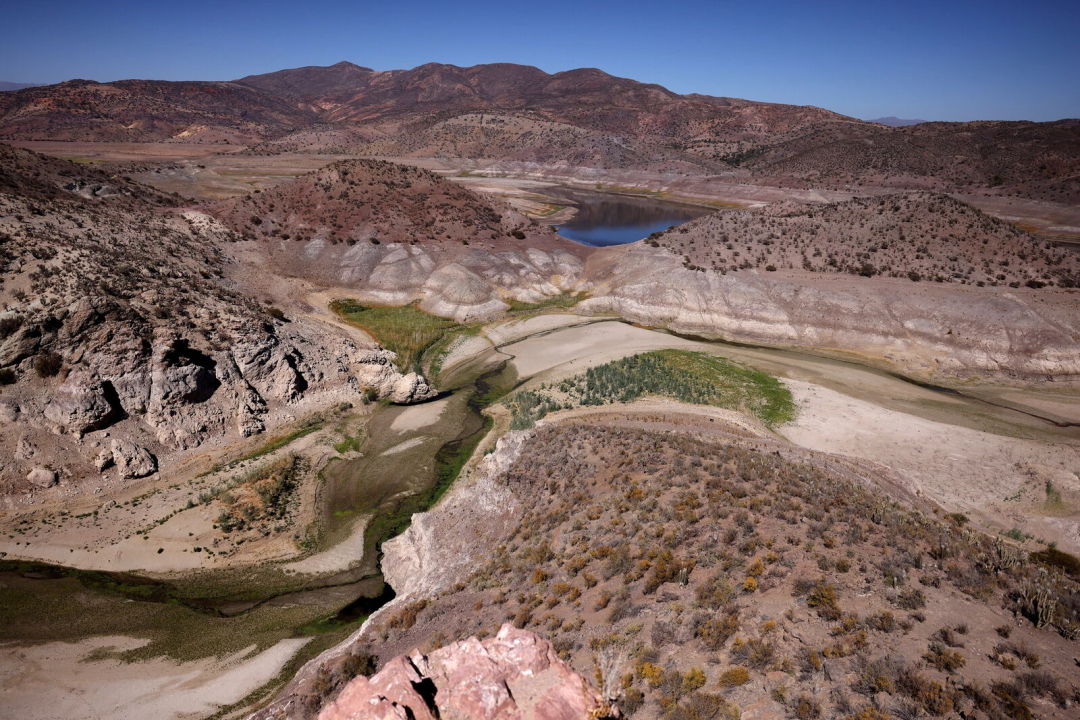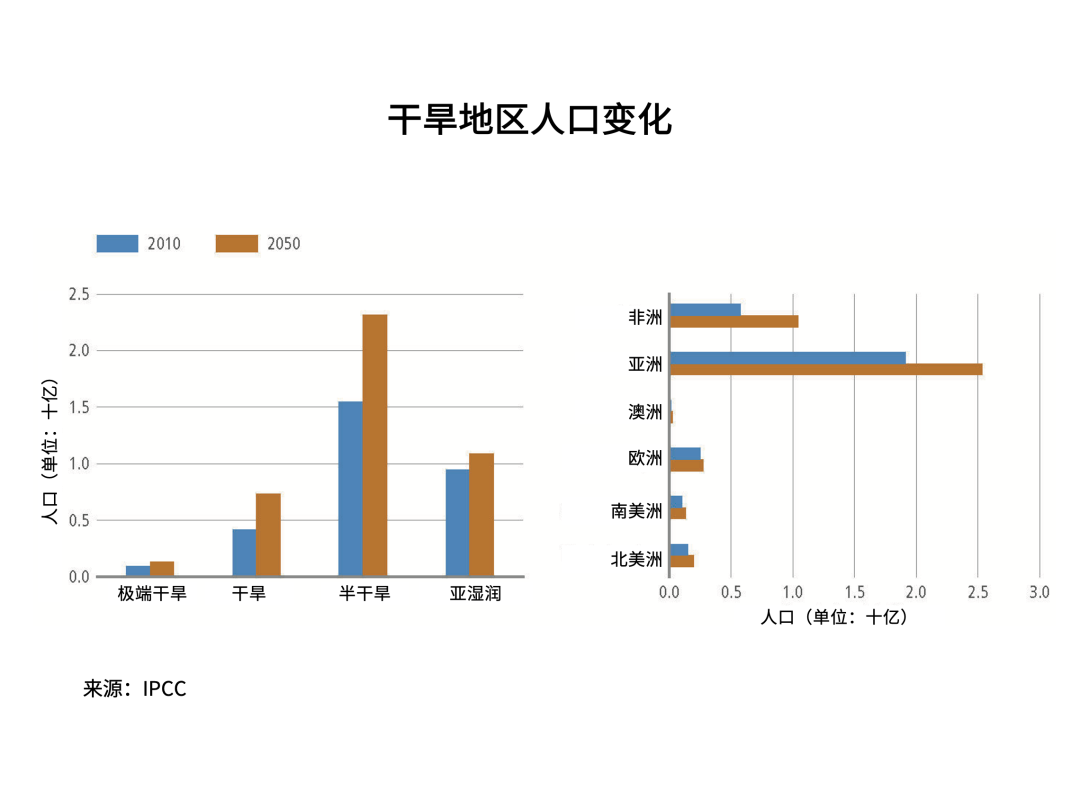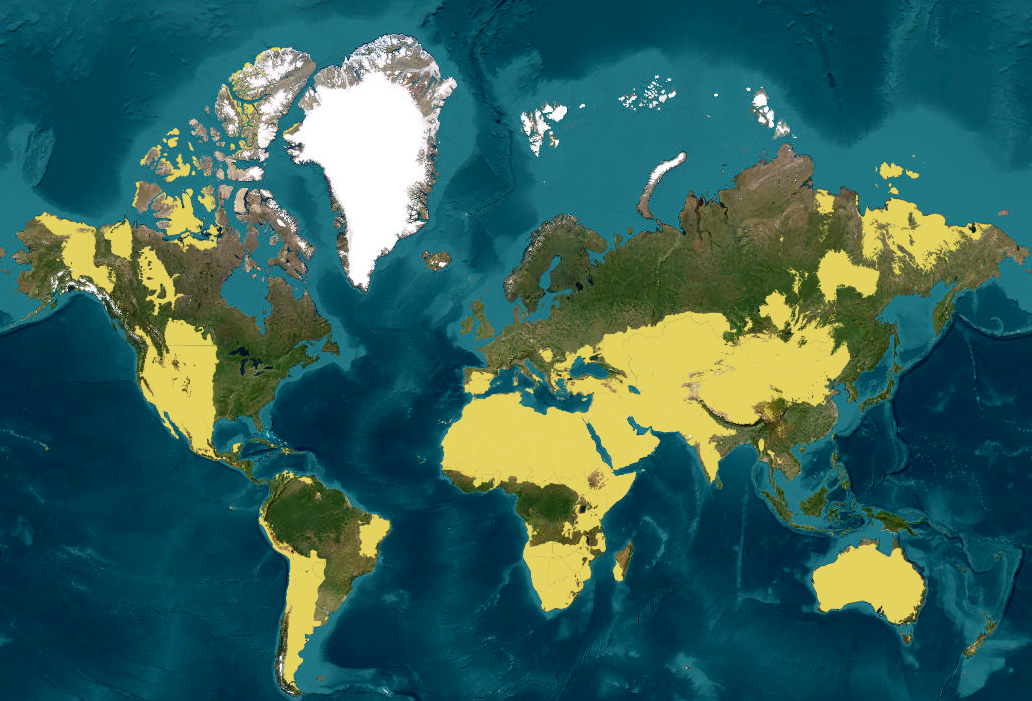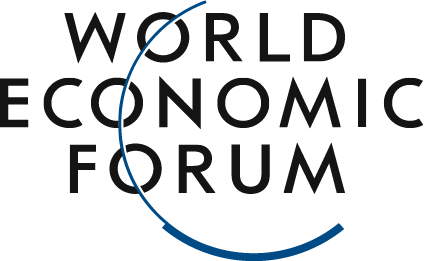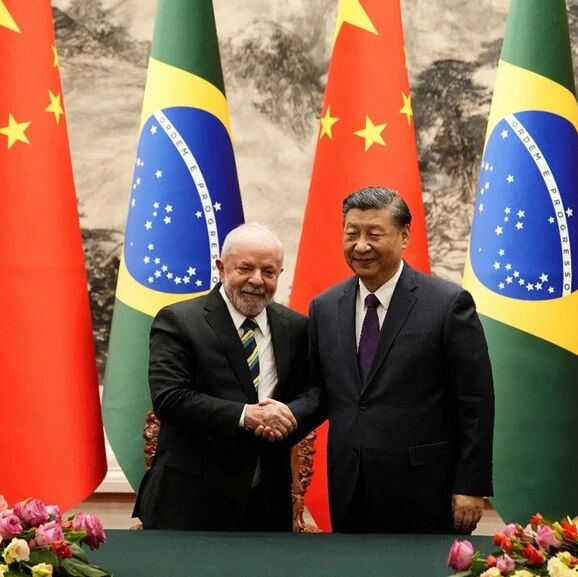Earth.org,20,
:REUTERS/Ivan Alvarado
Andrea Willige
(:)
: IPCC
In recent years, Southern Europe has experienced its most severe drought on record. Desertification and overexploitation have severely impacted Spain, often referred to as "Europe's vegetable garden." The EU has highlighted that, in addition to Spain, southern member states such as Portugal, Italy, Greece, Cyprus, Bulgaria, and Romania are also highly vulnerable to desertification.World Atlas of Desertification – Arid Regions
:European Commission
The Impacts of DesertificationAccording to UNCCD data, approximately 500 million people live in areas affected by desertification.These people may face escalating poverty, inadequate food security, and deteriorating health due to malnutrition and a lack of clean water resources. They are also more vulnerable to the impacts of climate change, as well as extreme weather events like droughts and natural disasters. Moreover, with their livelihoods at risk and heightened competition over dwindling resources, they are increasingly likely to become caught in conflicts—and ultimately forced to migrate.The Aralkum Desert in Central Asia is one of the most striking examples of desertification. In the 1960s, this region was home to the Aral Sea, once the world’s fourth-largest lake. Over time, however, the Aral Sea shrank dramatically—its surface area dwindled to just one-tenth of its former size, leaving behind three small, highly saline and alkaline lakes. During the Soviet era, water from these smaller lakes was diverted to irrigate semi-desert areas for cotton cultivation, which led to a sharp decline in their water levels. Eventually, climate change exacerbated the situation, turning the now-dry lakebed into a salt-covered desert. As a result, fishing boats were stranded, livelihoods were destroyed, and the ecosystem suffered irreparable damage.Measures to Mitigate the Impacts of DesertificationThere are many ways to address the impacts of desertification, and numerous projects are already underway around the globe.Reforestation and afforestation can help restore degraded soils. In Uzbekistan, a greening project has planted one million hectares of trees and shrubs along the Aralkum Desert, including highly drought-resistant black sea buckthorn. Black sea buckthorn is effective at stabilizing salt and sand, preventing both salt and sand from being swept up by dust storms and carried inland.In Africa's Sahel and Sahara regions, the African Union launched the "Great Green Wall" initiative in 2007, aiming to restore vegetation across 100 million hectares of degraded land. The project involves 22 African countries and is expected to rejuvenate the landscape by 2030, sequester more than 220 million tons of carbon, and create 10 million job opportunities.Another key measure to address land degradation is promoting sustainable land management practices, such as agroforestry and sustainable grazing, which help boost crop yields and enhance livelihoods.Water resource management practices such as rainwater harvesting, drip irrigation, and cultivating drought-resistant crops help mitigate the impacts of water scarcity.Other remedial measures include replanting vegetation and restoring natural habitats, such as wetlands or entire riverbeds.The World Economic Forum’s special meeting held in Saudi Arabia unveiled a series of announcements addressing desertification and hosted several related sessions, including supporting Saudi Arabia’s bid to host COP16 and collaborating with the country to develop the agenda for December’s conference events.
The above content solely represents the author's personal views.This article is translated from the World Economic Forum's Agenda blog; the Chinese version is for reference purposes only.Feel free to share this on WeChat Moments; please leave a comment below the post if you’d like to republish.
Translated by: Di Chenjing | Edited by: Wang Can
The World Economic Forum is an independent and neutral platform dedicated to bringing together diverse perspectives to discuss critical global, regional, and industry-specific issues.
Follow us on Weibo, WeChat Video Accounts, Douyin, and Xiaohongshu!
"World Economic Forum"
